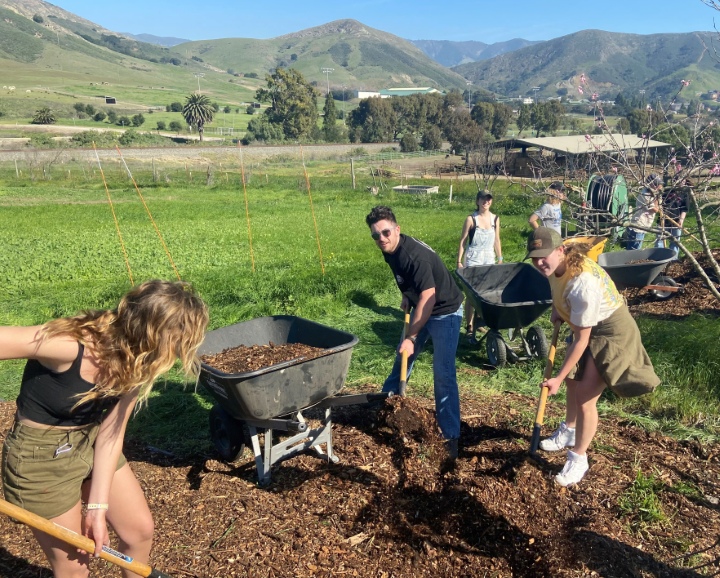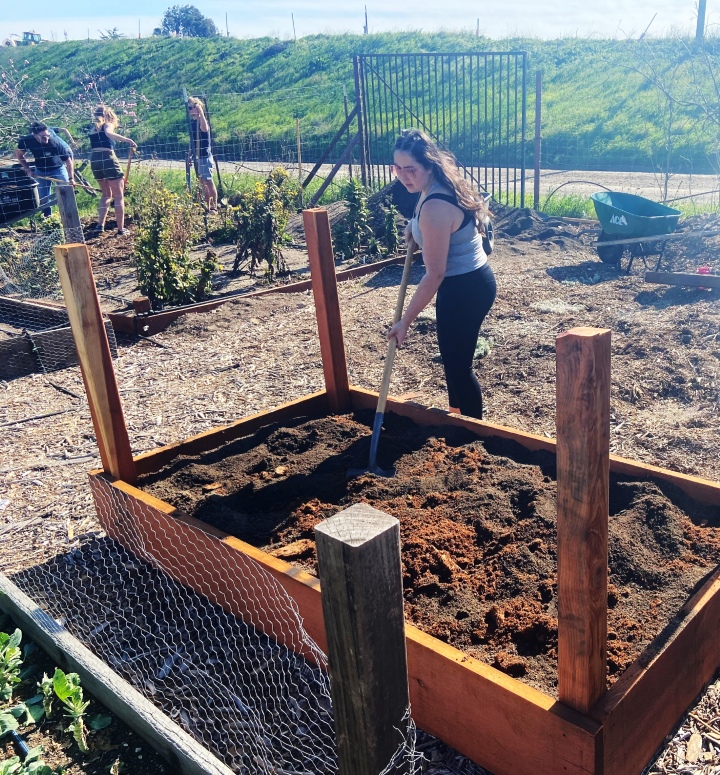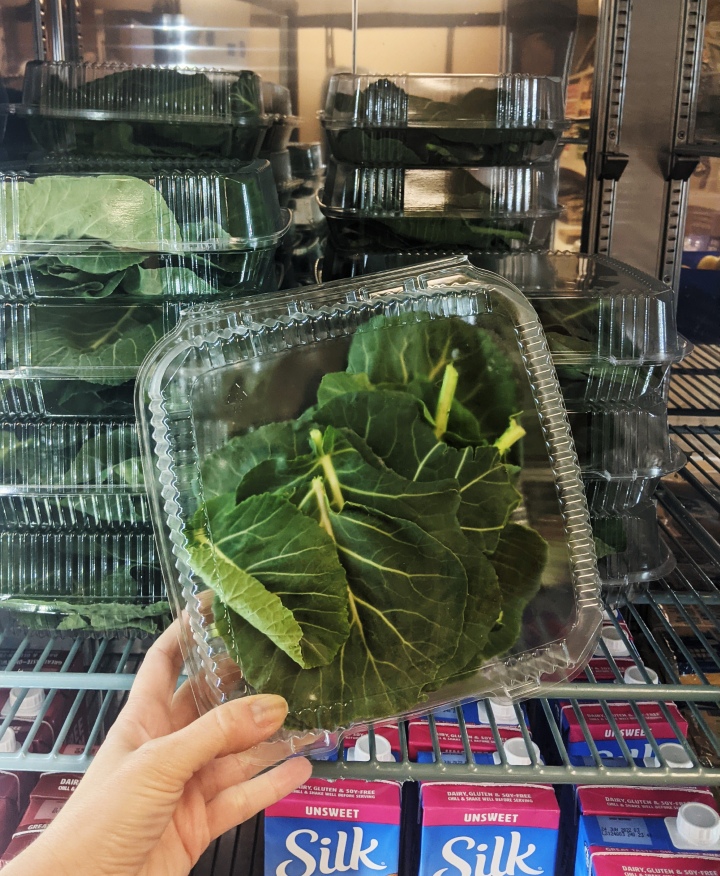Where Learning Takes Root
A Look Inside Cal Poly’s Experimental Farm

By Student Farm Manager Justin Wulfestieg
(Environmental Earth and Soil Science, ’21), currently pursuing a Master of Science degree in environmental science and management.
Perched just off Mount Bishop Road with a sweeping view of campus, the College of Agriculture, Food and Environmental Sciences' (CAFES) Experimental Farm has quietly become one of Cal Poly’s most dynamic and enduring hubs of student innovation.
“At the farm, the right space and resources join student curiosity for an on-campus experience that fosters lifelong learning." - Jamie O'Kane
Since its founding as the Student Experimental Farm in 1989, this two-acre farm and garden has served as a hands-on living laboratory for students across disciplines. Over the years, it has hosted a remarkable range of student-led projects, from aquaponics and green building to holistic management, appropriate technology and sustainable agriculture. True to Cal Poly’s Learn by Doing philosophy, the farm has long offered a space where students could test ideas, get their hands dirty and see their visions take form.


Collard greens from experimental farm
supplying the Cal Poly Food Pantry
“The experimental farm acts as a living laboratory in support of my agroecological research and teaching,” said Nicholas Babin, associate professor of agroecology in the Natural Resources Management and Environmental Sciences (NRES) Department. “We have ongoing projects evaluating perennial grain and vegetable intercropping systems, with two undergraduate classes managing several experiments a year.”
While activity at the site is currently limited to approved classes and clubs, the spirit of interdisciplinary collaboration remains vibrant. The farm is entering an exciting new phase of growth. All projects are now overseen by the Experimental Farm Advisory Committee, composed of faculty from across the university, including Babin in the NRES Department; Claire Balint, Center for Sustainability; G.W. Bates, Bioresource and Agricultural Engineering; Ellen Burke, Landscape Architecture; and Ben Swan, Agricultural Education.
With this support and guidance from faculty mentors, students turn theory into action.
As manager of the student farm, I help oversee the land, support student and faculty projects, and maintain the infrastructure that makes this living lab possible. Working at the farm has helped show me that sustainable solutions are rooted in collaboration, patience and a deep appreciation for social-ecological systems.
NRES Instructional Support Technician Jamie O’Kane has played a key role in supporting Associate Professor Babin’s efforts and instruction at the farm. “The CAFES Experimental Farm is a crucial space for students to live out the Learn by Doing philosophy,” O’Kane said.
We are deeply grateful to the students, staff, faculty and community members who have shaped this unique site over the years. As we look ahead, we invite others to get involved and support the continued evolution of this cherished Cal Poly resource.
Read more stories in the Summer 2025 Newsletter
To make an online gift in support of the NRES Department, please use the GIVING link. If you would like to designate your gift for a specific major, scholarship, club or team, please contact Tim Northrop at tnorthro@calpoly.edu.



 Open: M - F 8am - 5pm
Open: M - F 8am - 5pm